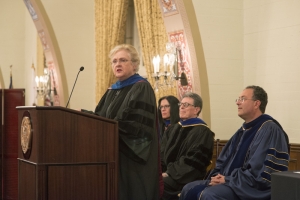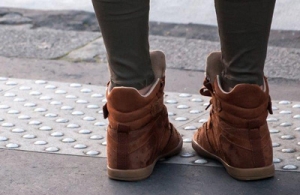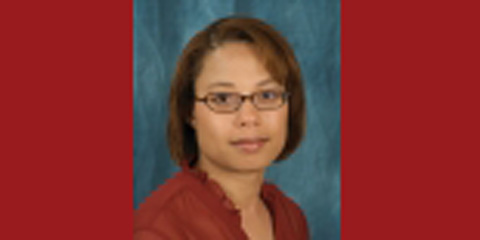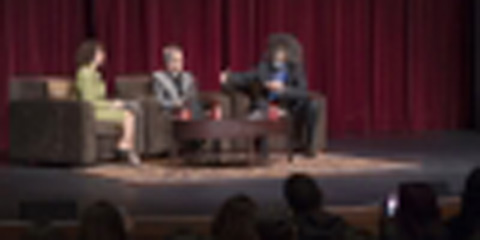News Archive
-

The USC School of Social Work recently installed four faculty members, including Dean Marilyn Flynn to an endowed chair, and Ron Avi Astor, William Vega and Suzanne Wenzel to named professorships, establishing a connection between research and philanthropy that honors both scholarship and a donor’s vision.
“An endowed professorship in social work is among the most powerful ways to demonstrate a basic faith in humanity – and the incredible value of people working to help other people,” said Michael Quick, interim USC provost, at the installation event at Town and Gown March 10.
-

The Children’s Data Network has announced the release of a new report, Transition-Age Youth and the Child Protection System: Demographic and Case Characteristics. Funded by the Conrad N.
-

-

When the May and Stanley Smith Charitable Trust was deciding its most recent funding focus, it considered areas and organizations that would have the most impact.
Recognizing the far-reaching effects and value of trained military social workers, the trust awarded a $500,000 25th Anniversary Grant to the USC School of Social Work for scholarship support for veterans and military families.
-

With more veterans in Los Angeles County than any other part of the nation, a robust effort of academia, nonprofits, government and the private sector has stepped up to meet their needs and their families’ – and top military officials have noticed.
-

The contractions came early and often. So did the headaches. For Austin nonprofit worker Eva Roberts, each of her four pregnancies developed with unerring, and unsettling, similarity.
All of her children were born preterm, and none was heavier than 4 pounds, 15 ounces. Roberts’ second child, son Delbert, arrived 14 weeks early. At 1 pound, 13 ounces, the infant spent four precarious months in the neonatal intensive care unit. Today, Delbert is 25 and healthy.
-

California adolescents from military families are more likely than nonmilitary youth to think about, plan and attempt suicide, according to a new study by researchers at the University of Southern California and Bar Ilan University in Israel.
Military-connected teens are also at a higher risk of requiring medical care because of a suicide attempt, according to the study, which appears in the journal European Child & Adolescent Psychiatry.
-

It’s not the load that breaks you down, it’s the way you carry it. This saying suggests that good decision making and careful planning can help you deal with some of life’s challenges.
I’d like to think that I make good decisions and engage in careful planning. I consider my options, gather evidence, weigh the pros and cons, and make a decision followed by a plan. However, I didn’t take this approach when planning for retirement until a few years ago.
-
Ana Guerrero, chief of staff to Los Angeles Mayor Eric Garcetti, delivered the keynote address at the fourth annual USC Latino Student Empowerment Conference at the Ronald Tutor Campus Center.
The conference, hosted by Centro Chicano on Jan. 24, was designed to boost academic achievement.
Guerrero, the daughter of Mexican farm workers, shared her career path and advised the audience of students, alumni and staff on how to achieve success.
The first key is hard work.
-

Michael Brown in Ferguson. Eric Garner in New York. Tamir Rice in Cleveland. And more recently, Anthony Hill in Atlanta and Tony Robinson in Madison.
Recent incidents of unarmed black men killed by police officers have spurred protests and refueled the “race conversation.” Deep-seated prejudices and systemic discrimination have become topics of discussion, moving many to ask questions and draw lessons from events like those in Ferguson, Missouri.